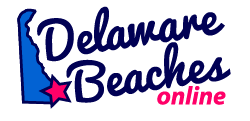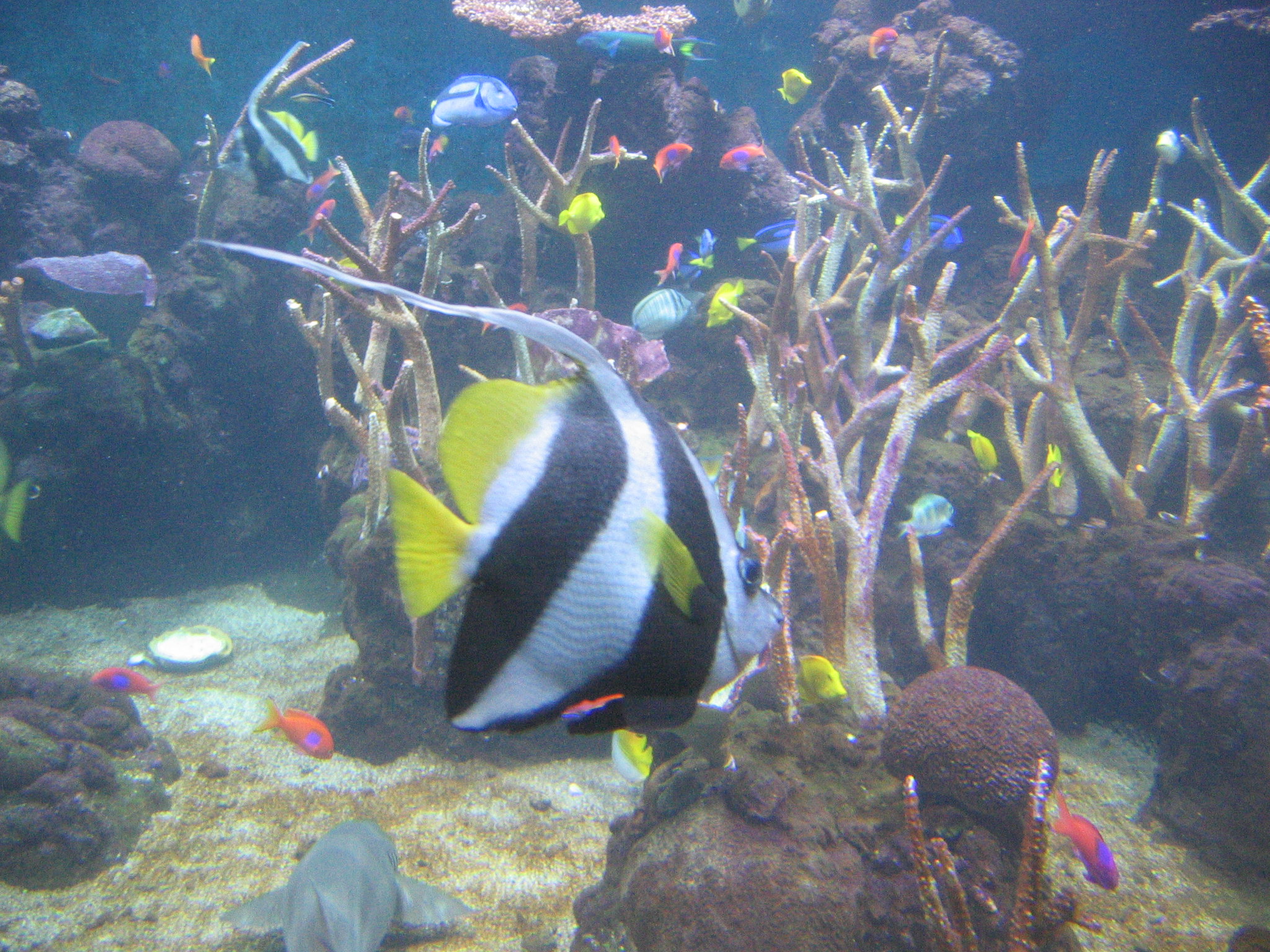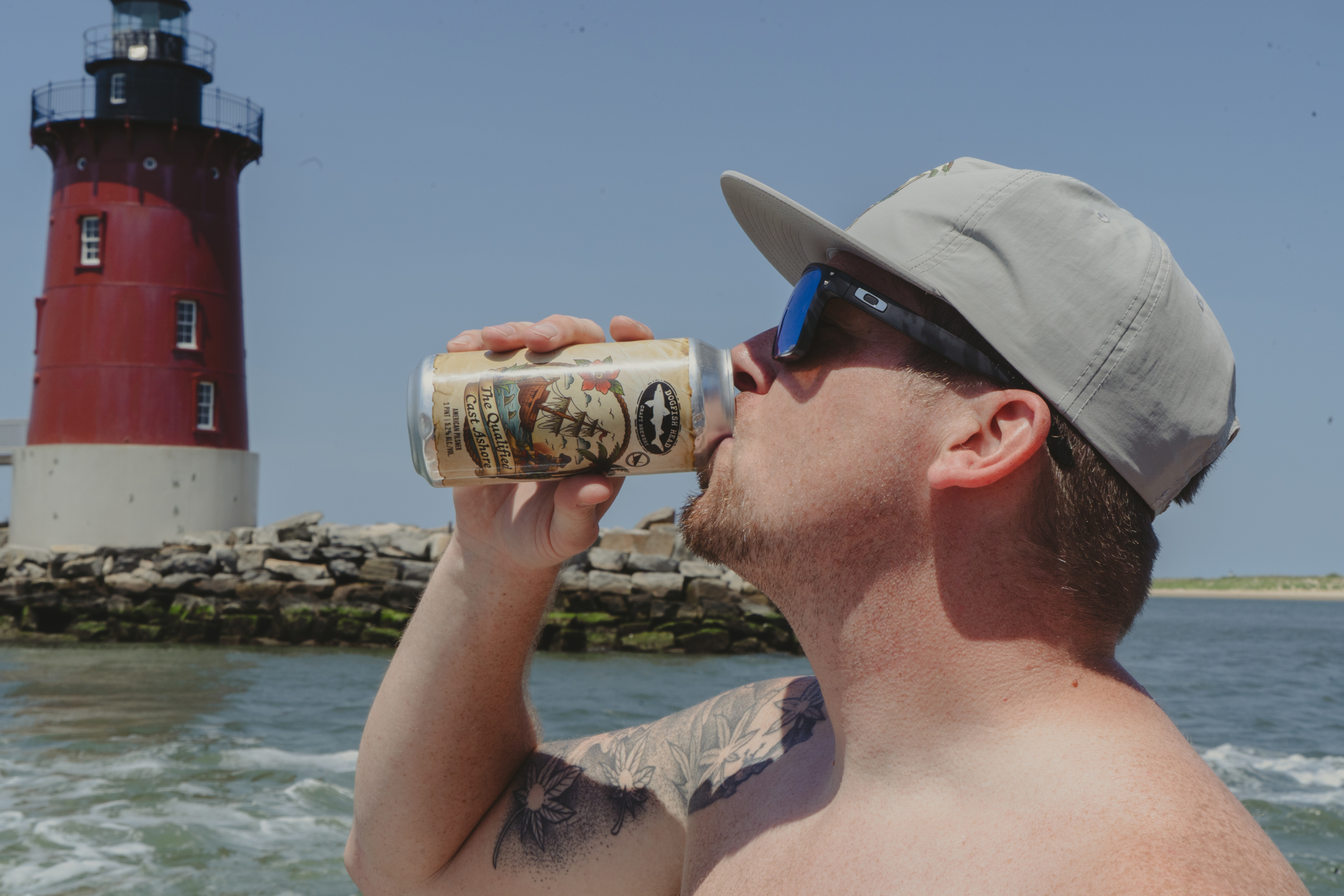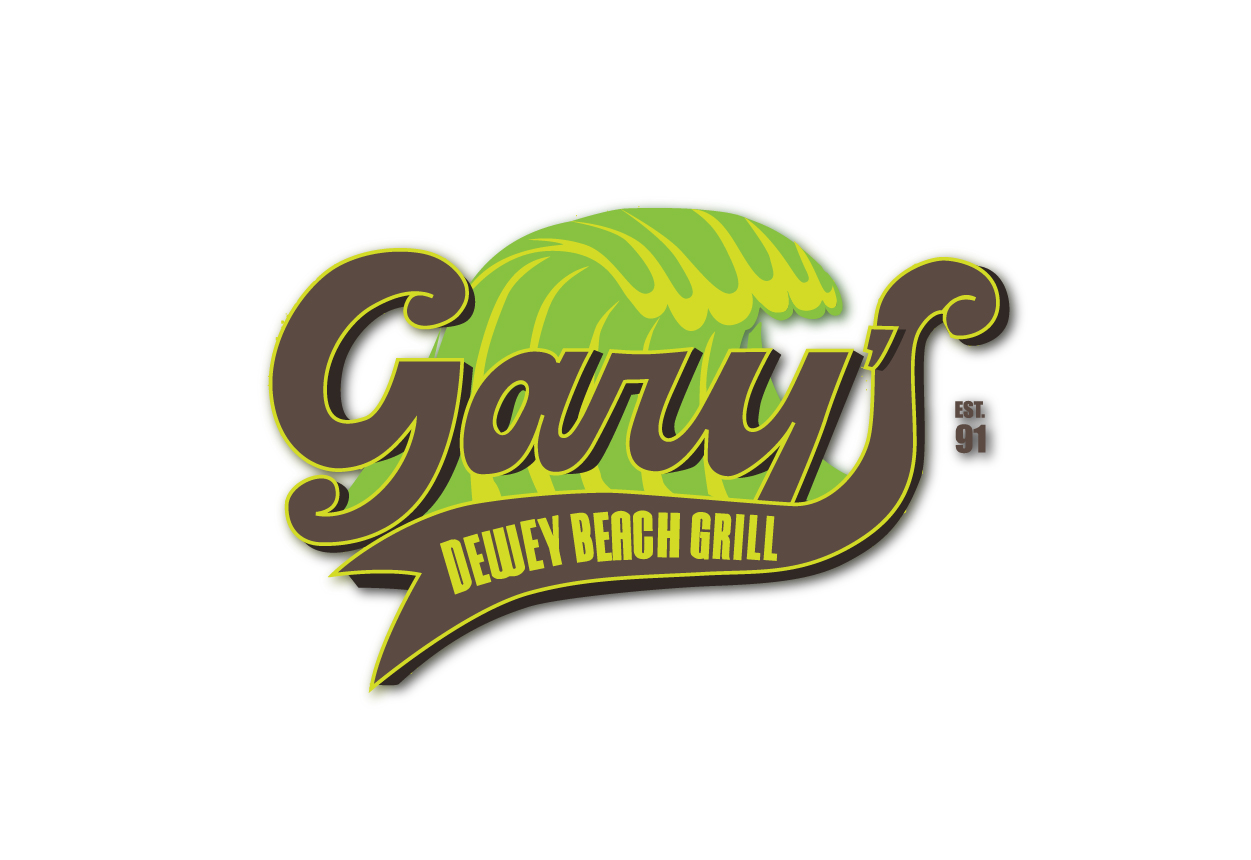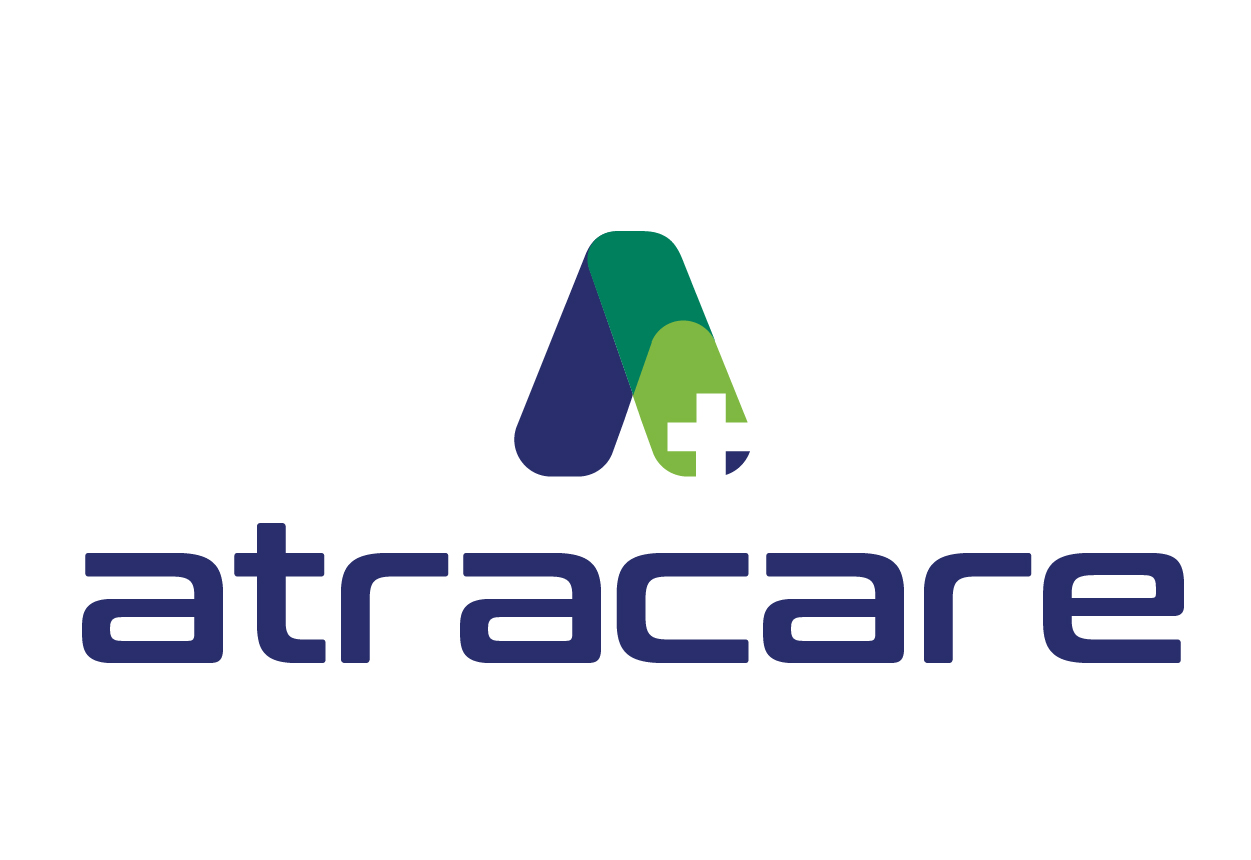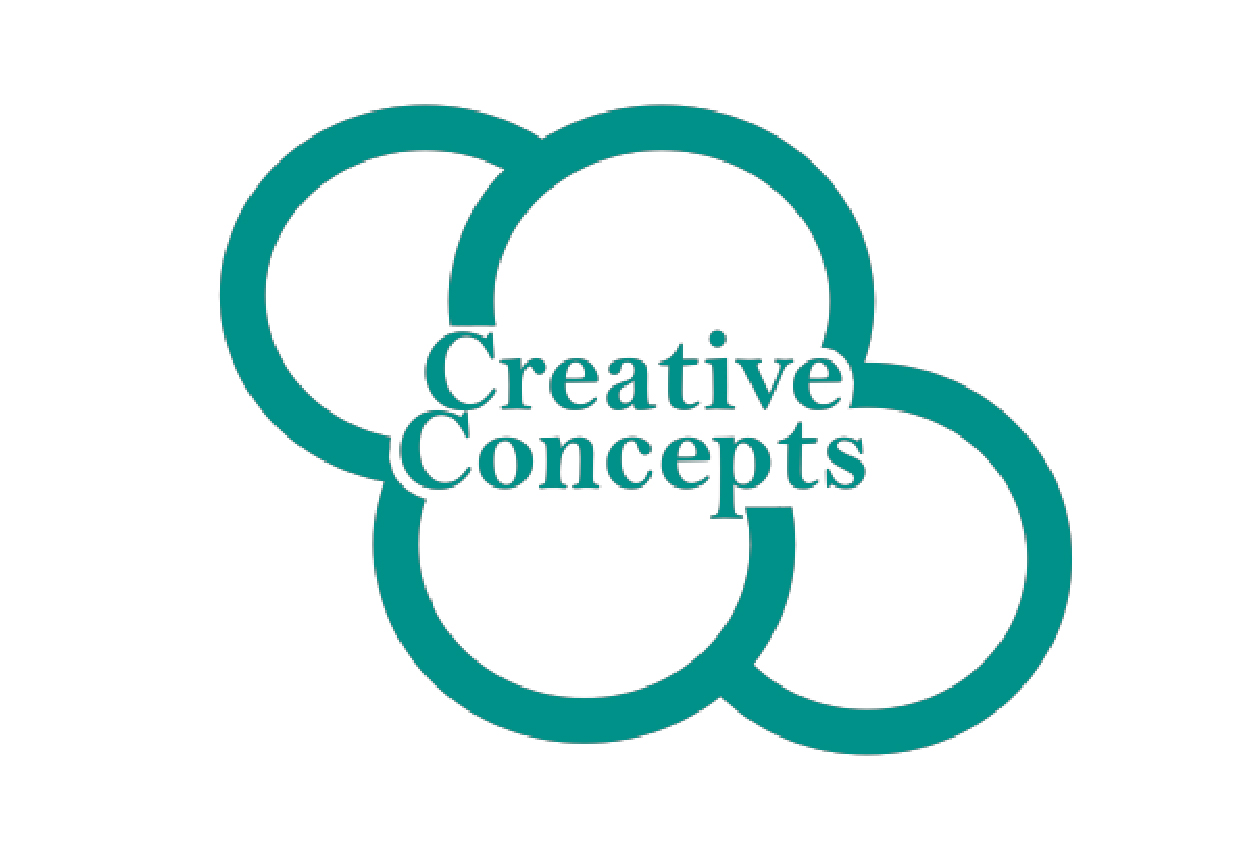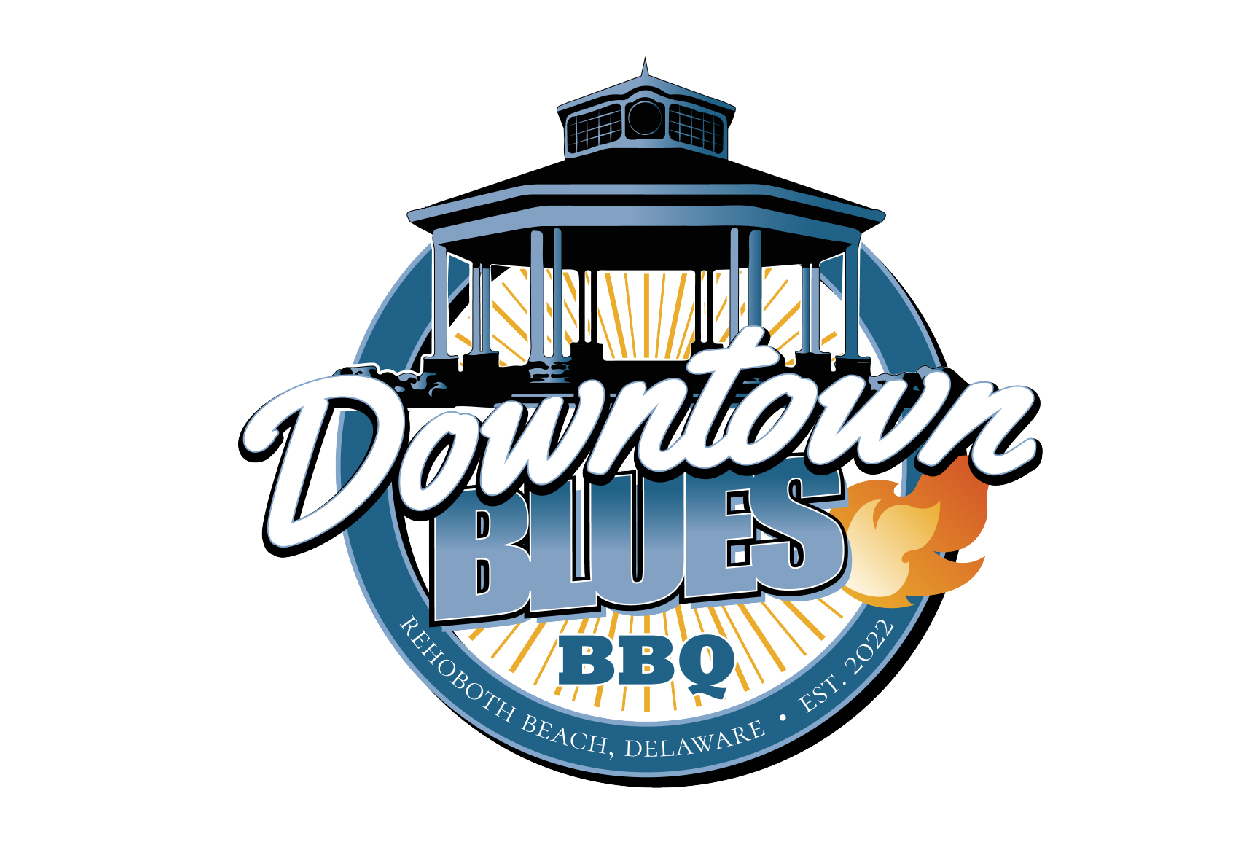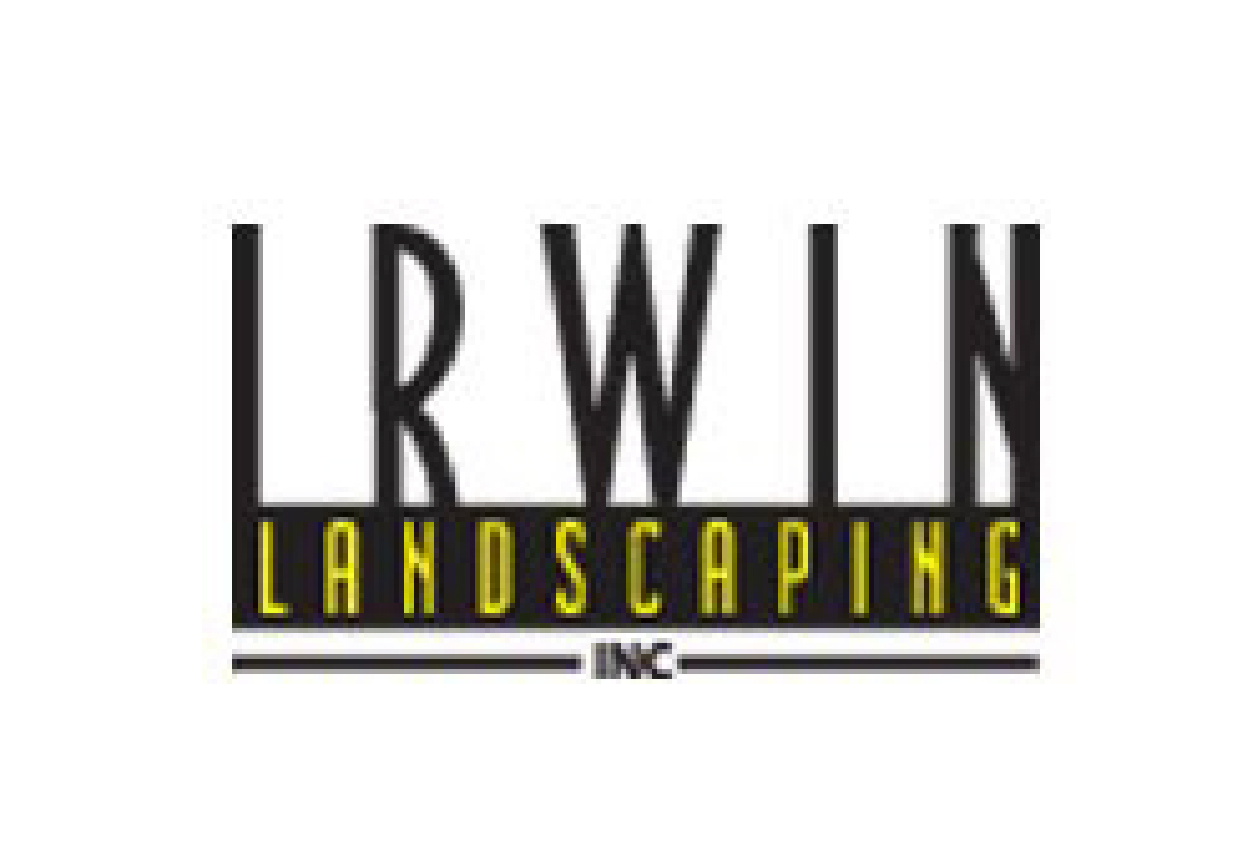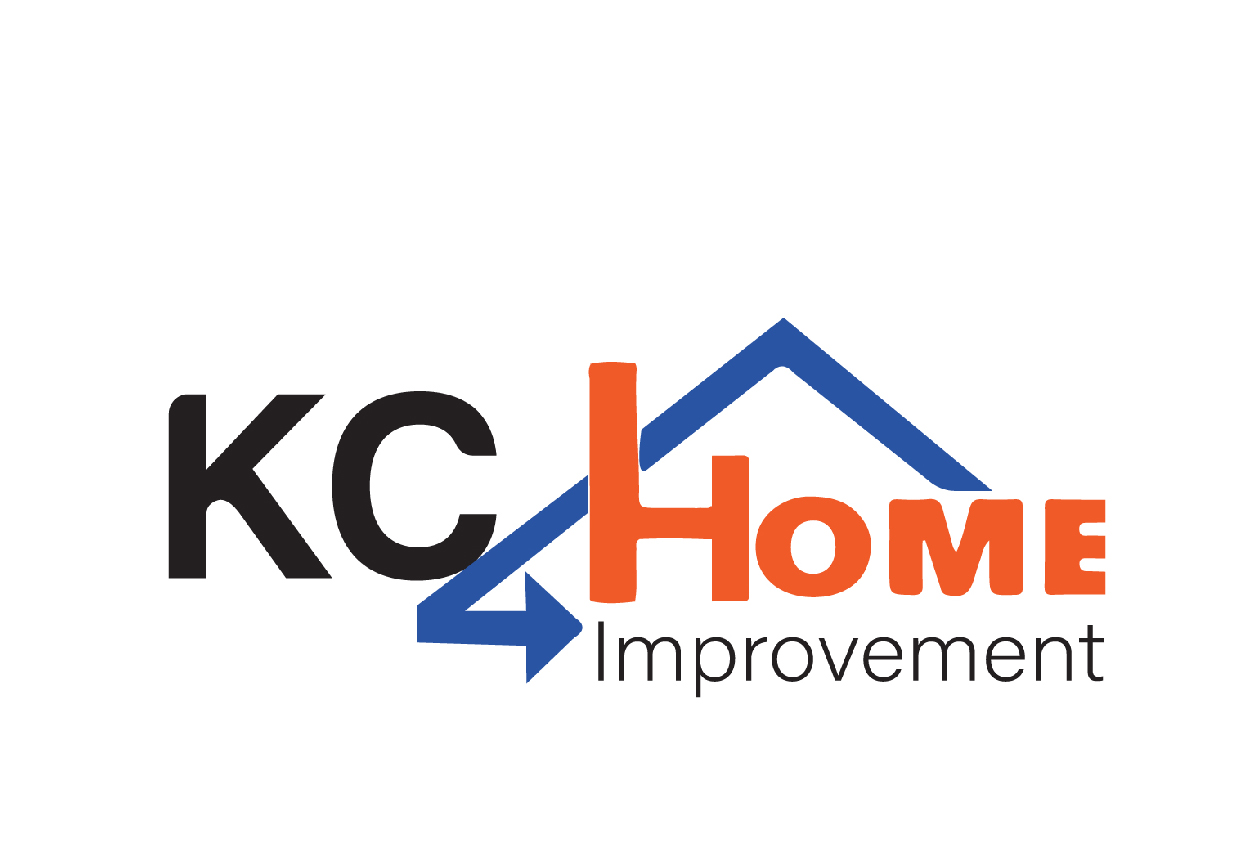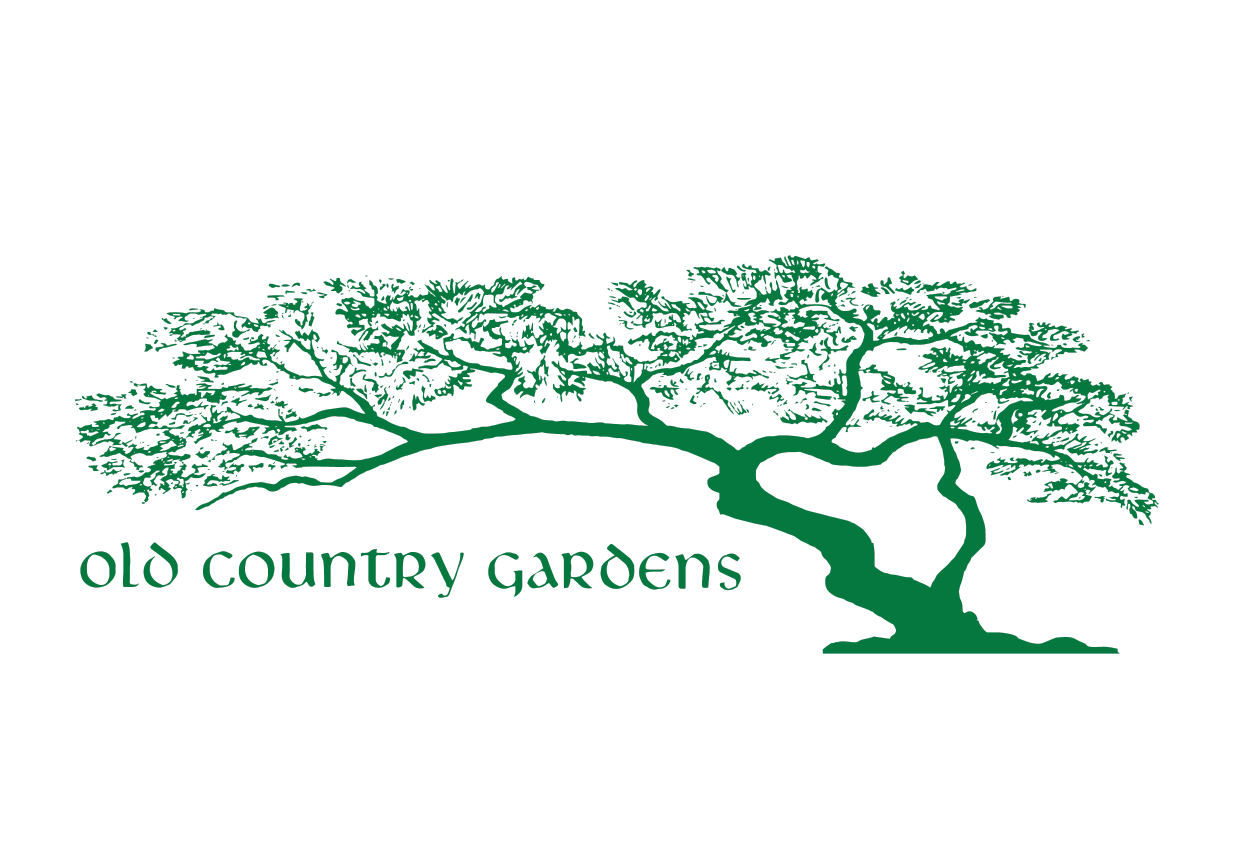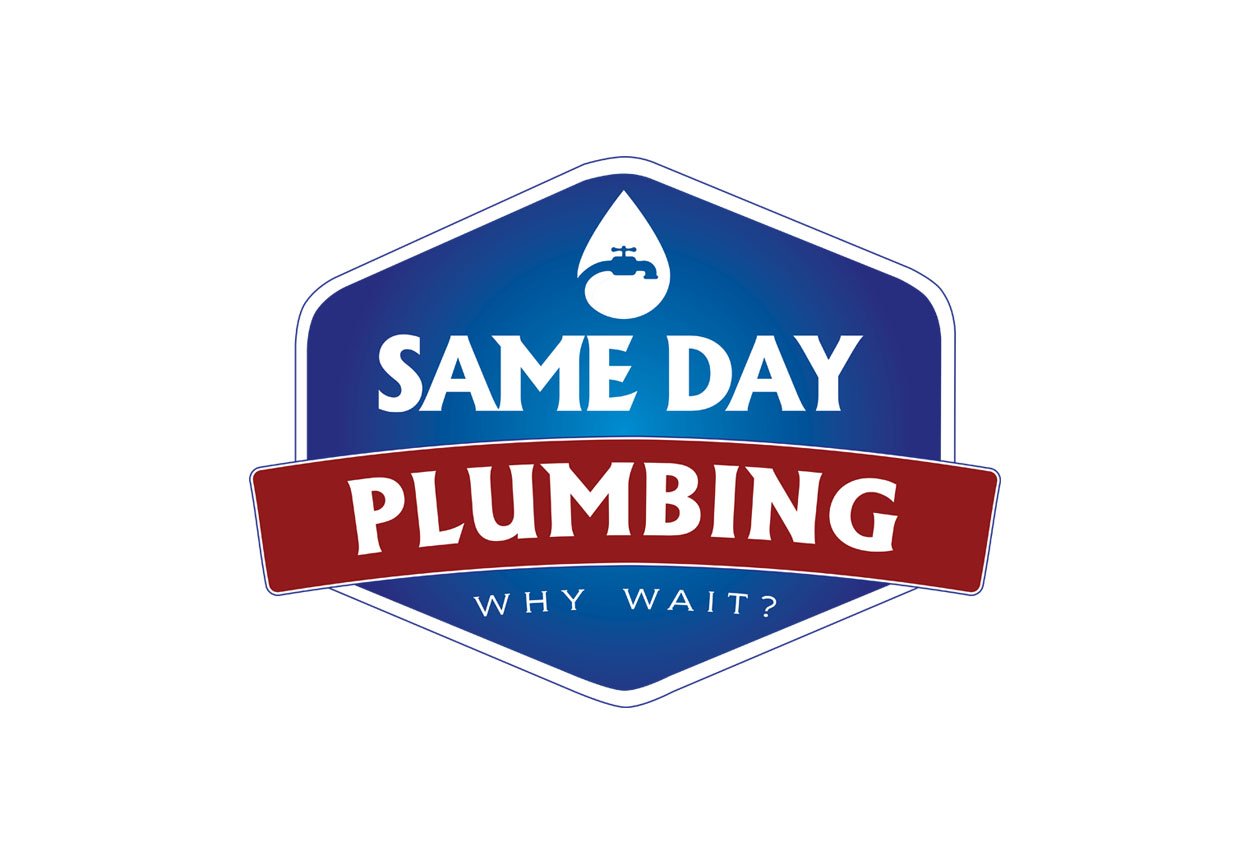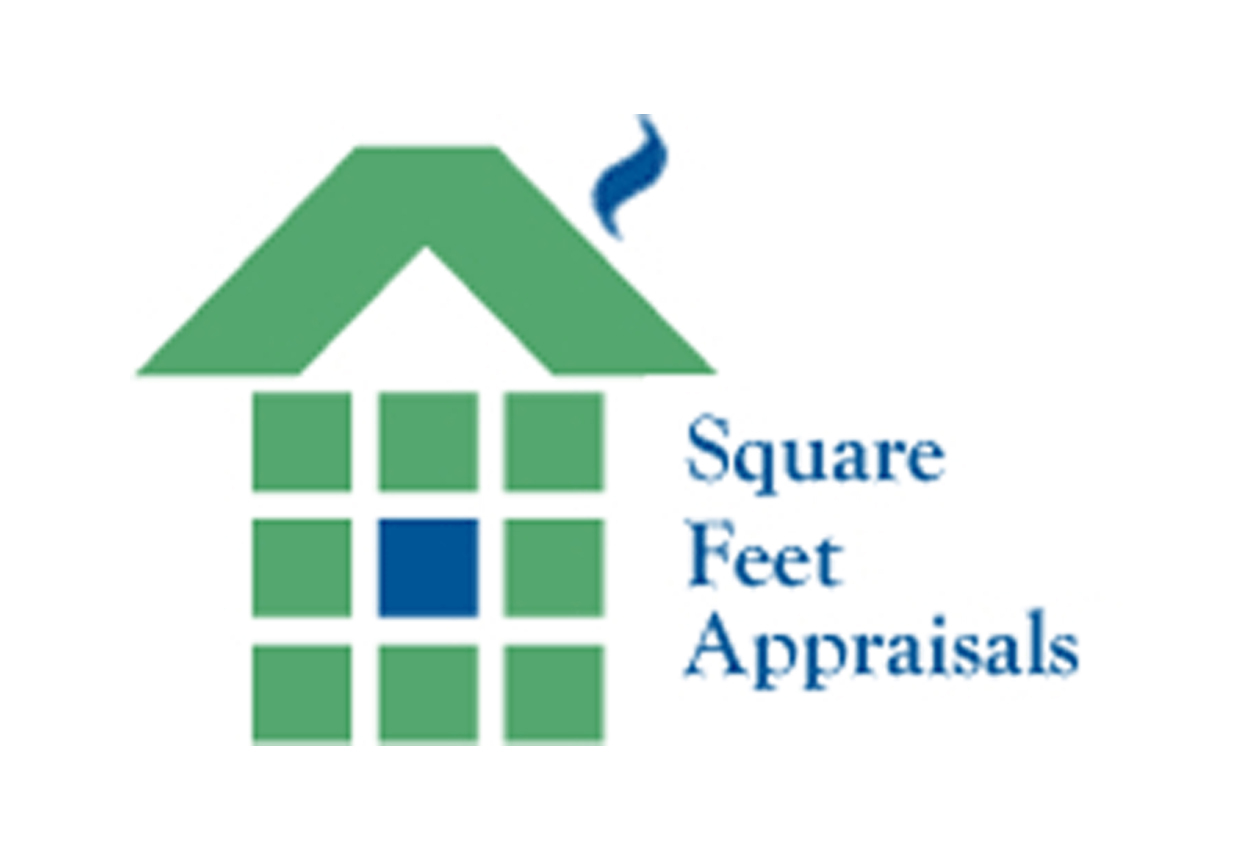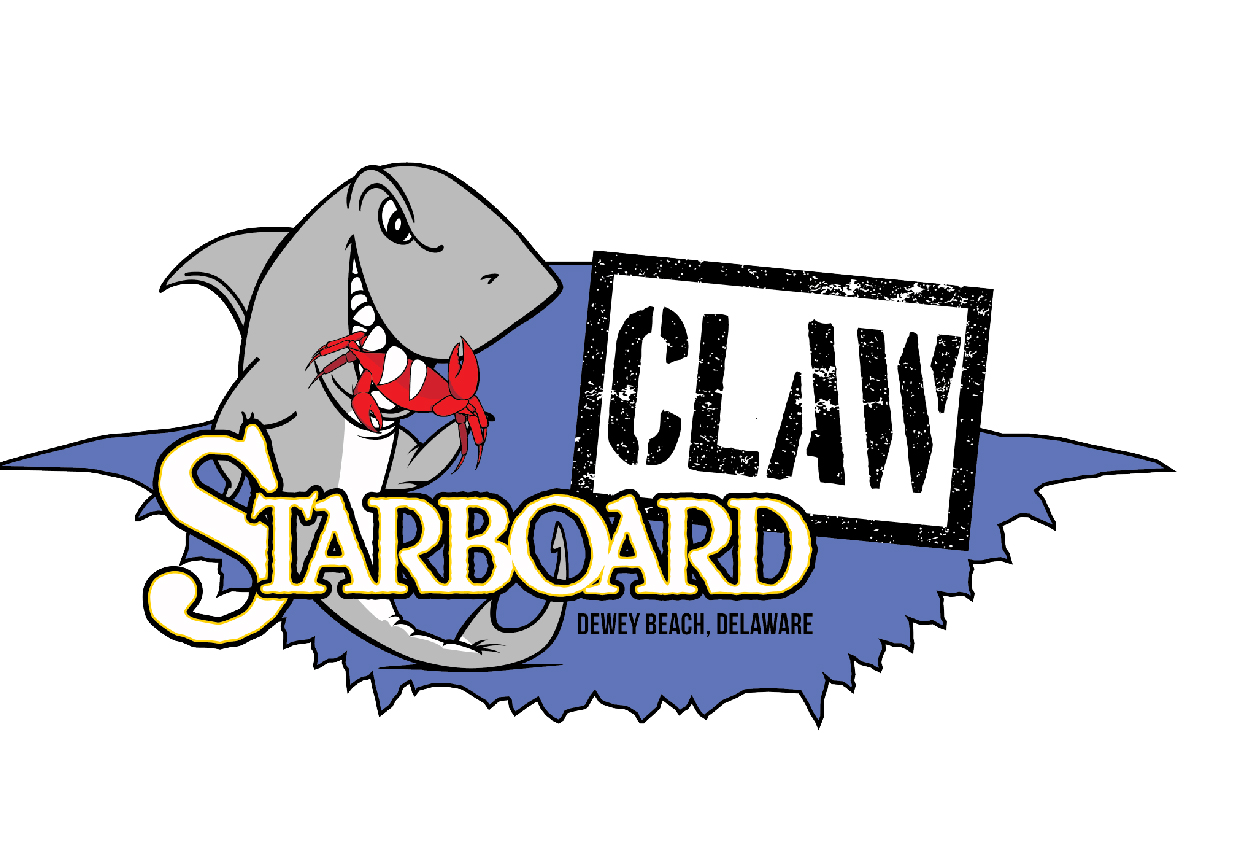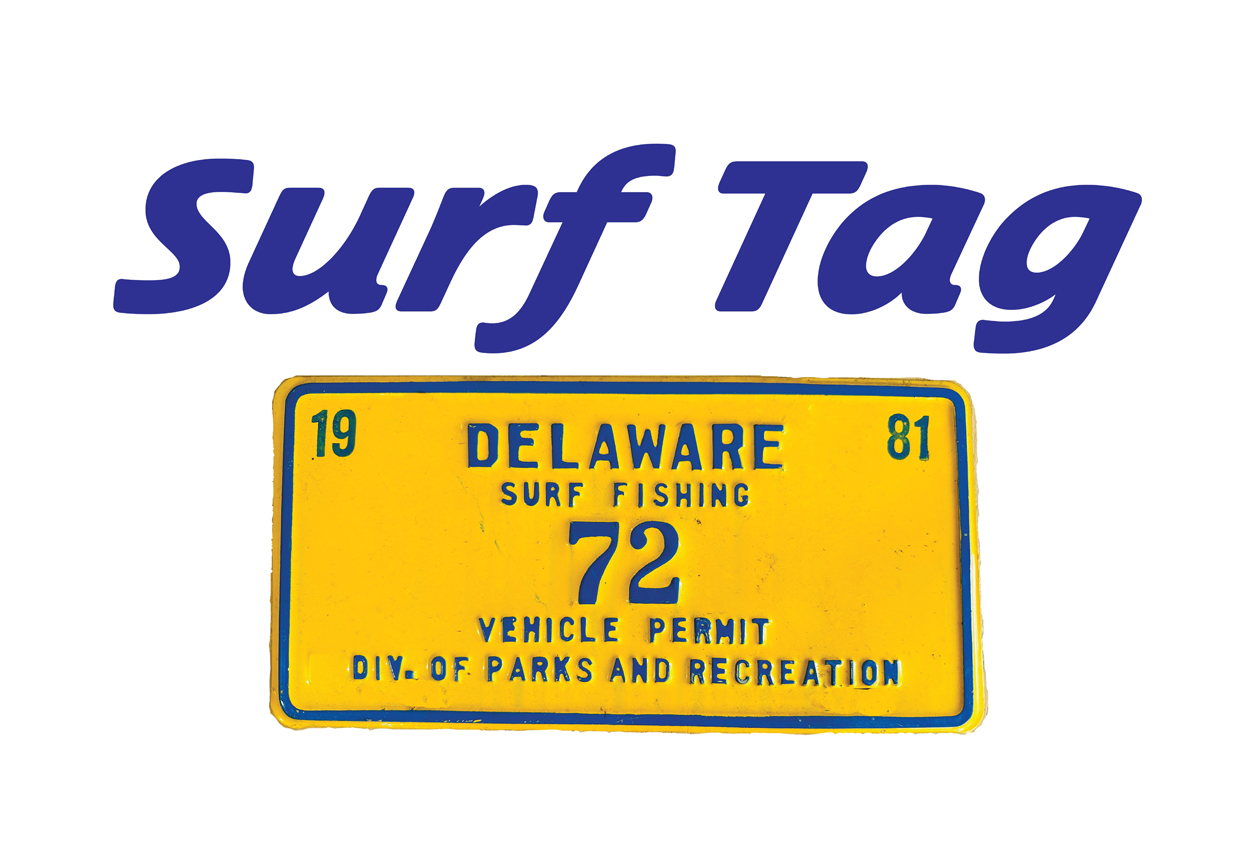Our hands-on feet-wet learning methodology introduces our attendees to experience what it is like to be a marine scientist out in the field. Seining, water quality testing, data collection, and many hands-on activities are taught by real scientists to provide the most memorable educational experience.
Our Story
In 2007, our program was first launched in Lavallette, NJ. Since then, we have expanded to more shores and local communities, reaching thousands of students and families along the way. Our mission at New Logic Marine Science Camp is to ignite passion for marine science, conservation, and environmentalism in the next generation of scientists worldwide through our “hands-on, feet-wet” outdoor education model.
We are more than a marine science program – we are a movement!
We provide attendees with a mixture of dynamic hands-on activities. A large component of our award-winning program is daily scientific field sampling and water quality testing. Additional activities may include interactive games, scientific demonstrations and experiments, dissections, and special guest presentations.
Our general core curriculum is updated seasonally. We strive to incorporate all aspects of marine science into our curriculum. Topics include biology, chemistry, engineering, geology, and conservation. Dissections also allow attendees to learn fun, interesting facts about our local marine life’s anatomy. This variety in our curricula allows us to connect with and inspire a wide array of individuals.
Our Philosophy
The small scale of our programs allows us to maintain an engaging hands-on experience. Our attendee-to-staff ratio and our program size create a safe atmosphere where all are encouraged to enjoy our dynamic activities. Free from an average classroom’s constraints, individuals gain both an appreciation for and understanding of their local ecosystems.
Each location offers a unique glimpse into the idiosyncra-seas of our fragile marine, estuarine, and aquatic environments. On site, our team of highly experienced scientists and educators lead attendees on their path to develop genuine field sampling and scientific critical thinking skills. One minute our budding scientists can be recreating hagfish slime and the next retrieving and identifying juvenile fish!
